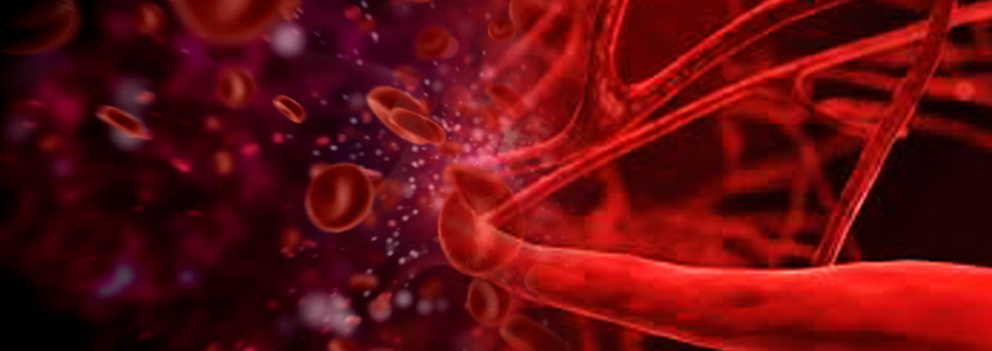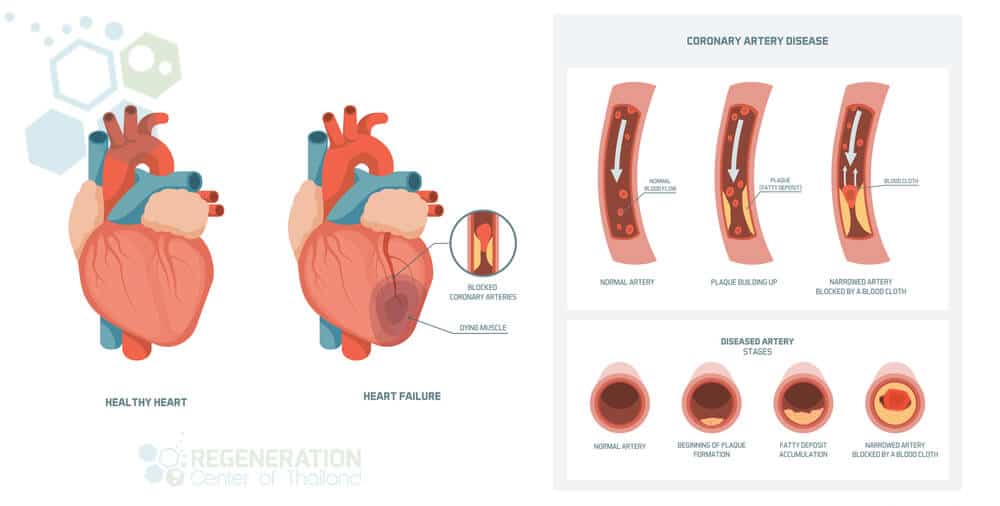Table of Contents
Damage to the heart muscular tissue from decreased blood flow. Compromising of the heart muscular tissue.

At, we focus on a tailored technique to. Our procedure includes: We begin by extensively reviewing each client's medical history, existing heart function, and total health and wellness. This includes innovative analysis imaging and testing to identify the extent of heart damages. Our team establishes a tailored plan utilizing, fairly sourced and ready for optimal efficiency.
Numerous clients report less tiredness, boosted breathing, and better physical endurance. By attending to the root creates, stem cell treatment reduces the risk of future heart events.
We integrate stem cell treatment with corresponding therapies for extensive heart care. Every therapy plan is tailored to attend to the distinct needs of each client. Among one of the most typical questions we receive is, While no treatment can ensure complete turnaround, have actually shown considerable capacity to fix damaged tissues, reduce swelling, and enhance total heart function.
Breakthroughs in stem cell therapy for Heart Disease and real results
Heart illness is a leading reason of in the United States and worldwide. For several individuals, traditional therapies supply hope and aid.
Today, scientists concentrate on 2 main types of stem cells: grown-up stem cells and beginning stem cells. Adult stem cells often come from bone marrow, fat tissue, or even straight from the heart.
Grown-up stem cells are additionally simpler to collect and have less honest concerns. Beginning stem cells can transform right into any type of kind of cell, including heart cells.

One more worry is the possibility of developing tumors if these cells don't set apart properly after implantation. The large concern is, does stem cell therapy in fact work for heart fixing?
Scientists are still figuring out the finest ways to provide the cells, guarantee they make it through as soon as inside the body, and make certain they incorporate properly with existing heart tissue. One of the biggest challenges is cell survival and integration after implantation.
Is stem cell therapy right for Atherosclerosis with stem cells?
Also fewer manage to integrate right into the existing heart tissue. For the therapy to be reliable, the new cells require to link with the old ones and begin operating as part of the heart muscle. But getting them to do that is difficult. Issues like inflammation, immune being rejected, and the extreme atmosphere of a broken heart can all trigger problems.
It's one point to get stem cell treatment to work in a lab or a tiny scientific trial; it's another to make it available on a big range. Making, storing, and delivering stem cells securely and successfully is logistically challenging at ideal. Stem cell treatment is really encouraging, but it's not without drawbacks.
This is even more of a worry with embryonic stem cells, but it's existing even with grown-up cells. Stem cell treatment is expensive, partly due to the fact that of the complexity of harvesting, expanding, and delivering the cells.
In the last several years, there has actually been a considerable development in stem cell treatment for heart problem. Can stem cell therapy cure cardiovascular disease? No, but utilized with your present heart disease regimen, it can improve your heart wellness and top quality of life. Worldwide sixty-four million people are influenced by cardiac arrest.
All about using stem cells to support Peripheral Artery Disease
Physicians deal with heart failure signs and symptoms in hopes of boosting the patient's high quality of life and protecting against additional problems. Medications like diuretics (to eliminate the liquid in the body), Beta-Blockers (lowering the pressure of the blood circulation and reducing the heart beat to lower blood stress), and ACE Inhibitors (lower high blood pressure by unwinding the capillaries and arteries) are utilized to treat the signs and symptoms of heart disease.
The question continues to be, can stem cells treat heart condition? Stem cells can not heal heart disease, but they can revitalize the heart muscular tissue and enhance the ejection fraction (the amount of blood the heart pumps with each beat) on the heart's left side.
Navigation
Latest Posts
Breaking down stem cell therapy for High Blood Pressure
How to access stem cell therapy targeting Arrhythmias
Innovative approach to High Blood Pressure with stem cell therapy